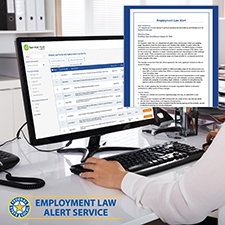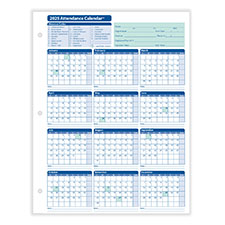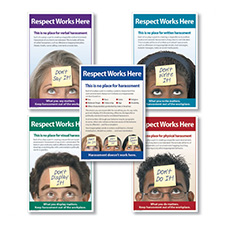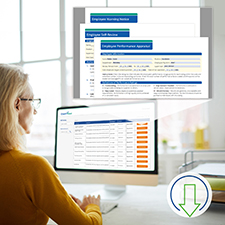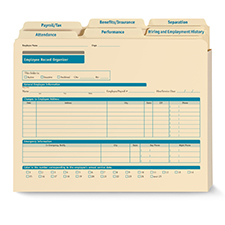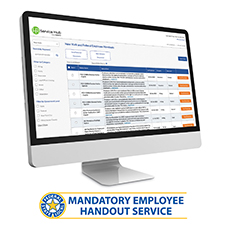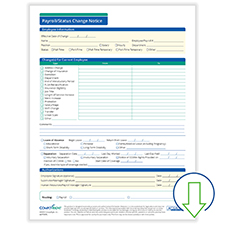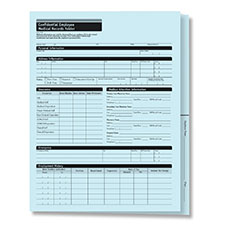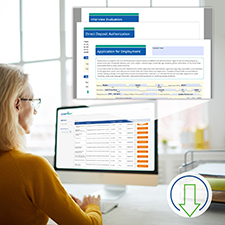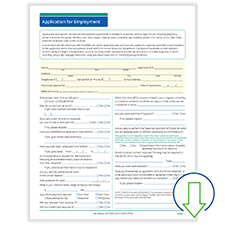
A paperless office may sound great, but is it actually possible? Don’t you need to keep hard copies of records, even if they’re stored online?
Although many small business owners believe the road to electronic recordkeeping is strewn with paper, it’s simply not true. The reality is that a paper-free environment is not only possible, but also efficient, convenient and fully compliant.
Still not convinced? Here’s a closer look at four common misconceptions:
-
“I should hold on to paper records as a precaution”
Let’s get the biggest myth out of the way immediately. In most cases, once you scan records and store them digitally, you can discard them. There’s no need to double your efforts because these records now exist on your company’s computer system or a cloud-based platform. In fact, going digital allows you to access files from multiple, virtual locations, which provides easier and more flexible retrieval than a pile of papers or folders in one person’s office. Plus, properly organized electronic employee files can’t be misplaced or lost.
-
“Paper records are more secure than electronic ones”
The world of electronic recordkeeping may seem risky when you’re used to traditional paper-based recordkeeping. But as long as you follow a few common-sense precautions — such as working only with reputable, cloud-based providers or keeping up to date with antivirus/malware services, password protections and backup procedures — you can be assured your digital records are safe and tamper-proof. If anything, your records are more secure online than they’ll ever be in a desk drawer or filing cabinet. How often do you lock your filing cabinet? Is your cabinet fireproof and flood-proof? None of this is an issue with online storage.
-
“If I ever need the paper record again, I’m stuck”
Although you should never be in a situation where only a paper record is appropriate, you still have options. You can always pull up the scanned record and print it out again, or export your data and convert it to back to paper. As a best practice, make sure:
- Any physical records you scan are complete, legible and easy to read
- Documents are searchable online or from your desktop for quick access, if necessary
-
“Electronic records aren’t as official as paper records”
From an HR and legal-compliance standpoint, electronic records are as legitimate as their physical counterparts. Even if you’re audited by the Department of Labor (DOL), you could provide digital records as documentation. The maintenance, privacy and retention requirements are the same between the two formats, so both are acceptable under federal and state laws.
DID YOU KNOW?
Transitioning from paper to electronic documentation can save you time — and money.
Send Paper Packing with Free Employee Records Software
Don’t let paper recordkeeping hold you back! Take advantage of the FREE Employee Records Smart App from HRdirect to keep employee information organized, secure and always at your fingertips. It only takes a few minutes to get started — and then you’ll be well on your way to smarter, more centralized electronic recordkeeping.






 Shopping cart
Shopping cart